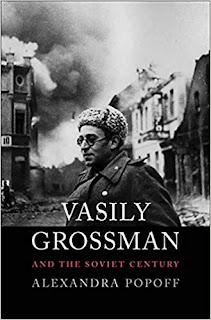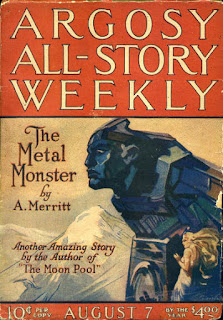CC Spin #22: Footsteps

Footsteps, by Pramoedya Ananta Toer (vol 3 in the Buru Quartet) My Spin title is actually the third in a quartet. You can see the previous two books: This Earth of Mankind , and Child of All Nations , in which Minke, who is very privileged for a Native in Dutch-controlled Indonesia, starts to get a grip on what colonial control has meant to his country. At the close of the second volume, I commented: This volume is pretty well entirely about coming to understand the workings of colonialism, but Minke seems to need even more knowledge before he can begin to act. And at this point the story takes something of a turn. In Footsteps , Minke learns more and does indeed start to act. It's also at this point that the story becomes clearly modeled on a real-life person: Tirto Adhi Suryo, an Indonesian journalist who started the first Native newspaper . Here, we cover the years 1901 - 1912. At the start, however, Minke is just beginning medic...
















